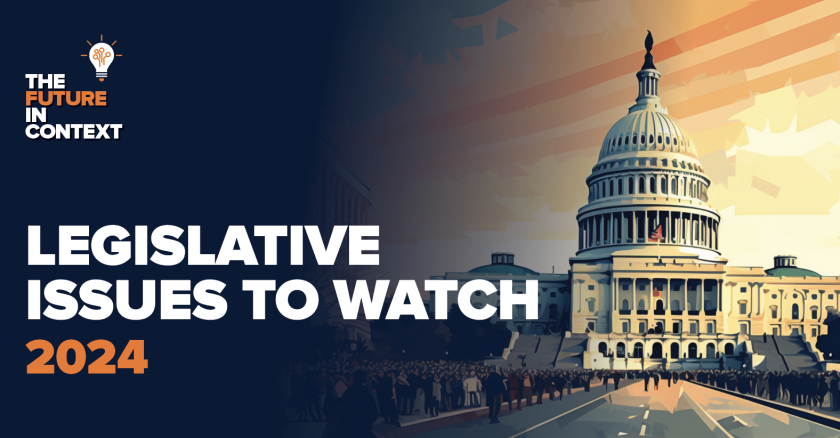The freedom of the open road would become a little less free if congestion pricing became widespread in America. The strategy aims to reduce traffic congestion by charging variable fees for driving at certain times in certain areas. Planners and policymakers see the potential revenue to offset declining gas tax receipts as vehicles become more fuel efficient. Decades after dynamic pricing was implemented by some international cities, only a relative handful of American cities — New York, Seattle, San Francisco, Los Angeles, Chicago, Boston and Washington, D.C. — have adopted plans for at least partial implementations of the pricing model.
In the debut of an occasional series called Your Mileage May Vary, Senior Writers Jared Brey (Governing) and Skip Descant (Government Technology) join The Future In Context to explore the efforts to bring the model to America and whether resistance is waning. The story of congestion pricing underscores the complexity of transportation and infrastructure management; and highlights the importance of strategic planning, community engagement and adaptive policies to address evolving challenges effectively.
Show Notes
Here are the top 5 takeaways from this episode:
- Congestion Pricing: The concept of congestion pricing, though controversial, is gaining traction as a means to manage traffic congestion, reduce greenhouse gas emissions and fund transportation infrastructure. It involves charging drivers for road usage, especially in congested areas, to incentivize alternative modes of transportation.
- Funding Challenges and Alternative Revenue Sources: Traditional funding sources like the gas tax are becoming insufficient due to factors such as increased fuel efficiency and the rise of electric vehicles. Policymakers are exploring alternative revenue sources like vehicle miles traveled (VMT) fees to sustainably fund transportation infrastructure projects.
- Public Engagement and Policy Design: Effective policy design requires thorough public engagement to understand community needs and concerns. Policymakers should align their goals, whether reducing congestion, cutting emissions or improving driving experiences, with the preferences of the public to garner support and ensure successful implementation.
- Economic, Social and Environmental Importance: Transportation and infrastructure are vital for economic growth, social well-being and environmental sustainability. They affect various aspects of life and are crucial for governments to manage effectively.
- Long-Term Perspective and Political Will: Implementing significant changes in transportation and infrastructure requires a long-term perspective and political will. Policymakers must navigate complex challenges, including public resistance, competing interests and the need for sustainable solutions that address both current and future needs.
- To Sell Congestion Pricing Plans, Don’t Mention Climate Change
- Washington’s $15 Tolls Hope to Reduce Traffic, Increase Revenue
- After NYC, Will Los Angeles Be Next to Consider Congestion Pricing?
- Hope for Car-Haters
Our editors used ChatGPT 4.0 to summarize the episode in bullet form to help create the show notes. The main image for this story was created using DALL-E 3.
Previous Episodes
-
Future in ContextWork is well underway in jurisdictions across the country to prepare for the next generation of doing the public’s business.
-
Future in ContextMental health, climate and workforce are at the core of a complex cluster of issues confronting lawmakers this year.
-
Future in ContextA discussion about the near future and the legislative issues to keep an eye on this year. Technology, budget and transportation top the list.
-
Future in ContextNew and growing GovTech100 companies are likely to have an outsized role in making government better. Many now come with deep pockets thanks to investments from private equity.















